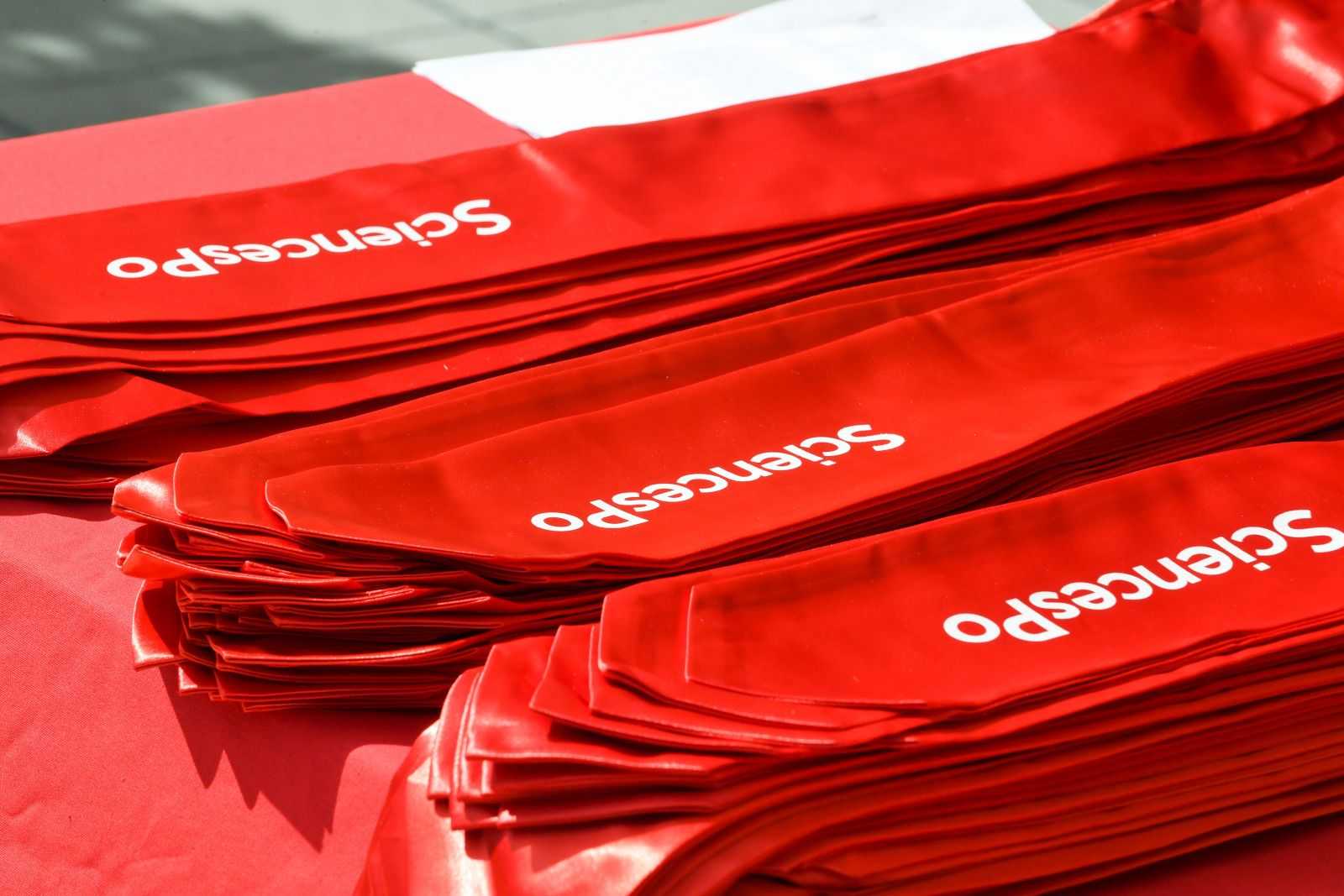
Home>Academics>Joint Master Journalism and International Affairs
Joint Master Journalism and International Affairs
Two-year Master's
Programme in English
120 ECTS minimum
Information Sessions: Masters

Discover all the Master's programs and admissions procedures during our many webinars and YouTube Live dedicated to future applicants.

Sciences Po Journalism School and Paris School of International Affairs (PSIA) have created a Joint Master, focused on Journalism and International Affairs. Opened in September 2011, this Joint Master is the only one of its kind in Europe. It is a four-semester graduate programme leading to a Sciences Po Master’s degree in Journalism and International Affairs.
What you need to know
- Up to 30 students admitted per cohort
- Coming from 26 countries
- 2 years of studies, with 4 full time semesters
- Courses mainly in English
- 2 intensive bootcamps
- 8 weeks of mandatory internships in various news outlets per year
- 1074 graduates
Main orientations
The Joint Master in Journalism and International Affairs reinforces the complementary approaches of international education and practical learning of journalism.
Famouse international experts, scholars, leaders in International Affairs, and renowned professionals from the international media combine a wide and varied curriculum.
Designed for students who are interested both in Journalism and International Affairs, the Joint Master programme requires the completion of courses in the PSIA curriculum and in the Journalism curriculum.
- At PSIA, students will ultimately graduate from one of the 7 Master’s programs offered by PSIA in the most salient fields of international affairs, including: International Security, Human Rights and Humanitarian Action, International Development, International Public Management, International Energy | International Economic Policy, Environmental Policy.
- At Sciences Po Journalism School, they will attend workshops in journalism to be prepared to produce news from every part of the world (Mobile reporting, Reporting and writing, News writing, TV News, Editorial meeting, Launch your own podcast, Photo and edition, Covering News under pressure, Being a correspondent abroad, etc.)
This Joint Master is very demanding. Students are asked to actively participate in all the courses, those from PSIA and those from Sciences Po Journalism School, which requires the ability to handle various deadlines, to deal with an intense workload, and to deliver academic papers and journalistic production at the same time.
Programme
- Common courses taught in French or in English, with masters' students from all the community of Sciences Po
- Academic courses focused on international issues and on the concentration chosen at PSIA
- Journalistic production workshops to learn how to create news in various formats and temporalities (breaking news, hard news, soft news)
- Methodology workshops (How to search and verify information, How to manage your time, Voice coaching and presentation, Editorial meeting, etc.) to know the new practices of today's working journalists in the media world
- Intensive bootcamps to experience the context of working in a newsroom's real conditions and to produce a real editorial project
- A master's journalistic project (3 weeks of coverage on a story) at the end of the studies for the Grand O (Grand Oral) of Sciences Po
- Many keynotes and seminars to exchange ideas with renowned speakers and, above all, the annual conference about new practices in journalism to get a sense of the last trends in the media industry
- Students are required to complete a 8-week credit-bearing internship each year. Those internships can only be in a news outlet.
And also:
- Students can also take a gap year, to complete a journalistic project or to learn how to code in the programming school Ecole 42
- Taking a French language course is highly recommended
Curriculum
- M1 - Semester 1 (Fall 2025)
- M1 - Semester 2 (Spring 2026)
- M2 - Semester 3 (Fall 2025)
- M2 - Semester 4 (Spring 2026)
- Goals for each Semester
This programme can be changed any time.
Graduate Employability
The employment rate for graduates of the Sciences Po Journalism School exceeds market statistics – source: annual Graduate Employability Survey conducted on the Classes of 2005 – 2025, with a 61,6% response rate.
See the results of the Career's Survey
Career Opportunities
Video journalist - Reporter - Anchor - Data Journalist - Journalist - Digital Journalist - Investigator - Foreign Correspondent - Columnist - Local - Local Reporter - Infographic Designer - News Director - Managing editor - Editor-in-chief
How to apply?
The Joint Master in Journalism and International Affairs welcome applications from all prospective students, irrespective of their background. Applicants should have a strong interest in the news and the media landscape, a very good academic record, and prove a C1 English level.
It is highly recommended to hold a level corresponding to a B1 in French to be able to read the French news and interview people in French on the field.
There is no age limit.



